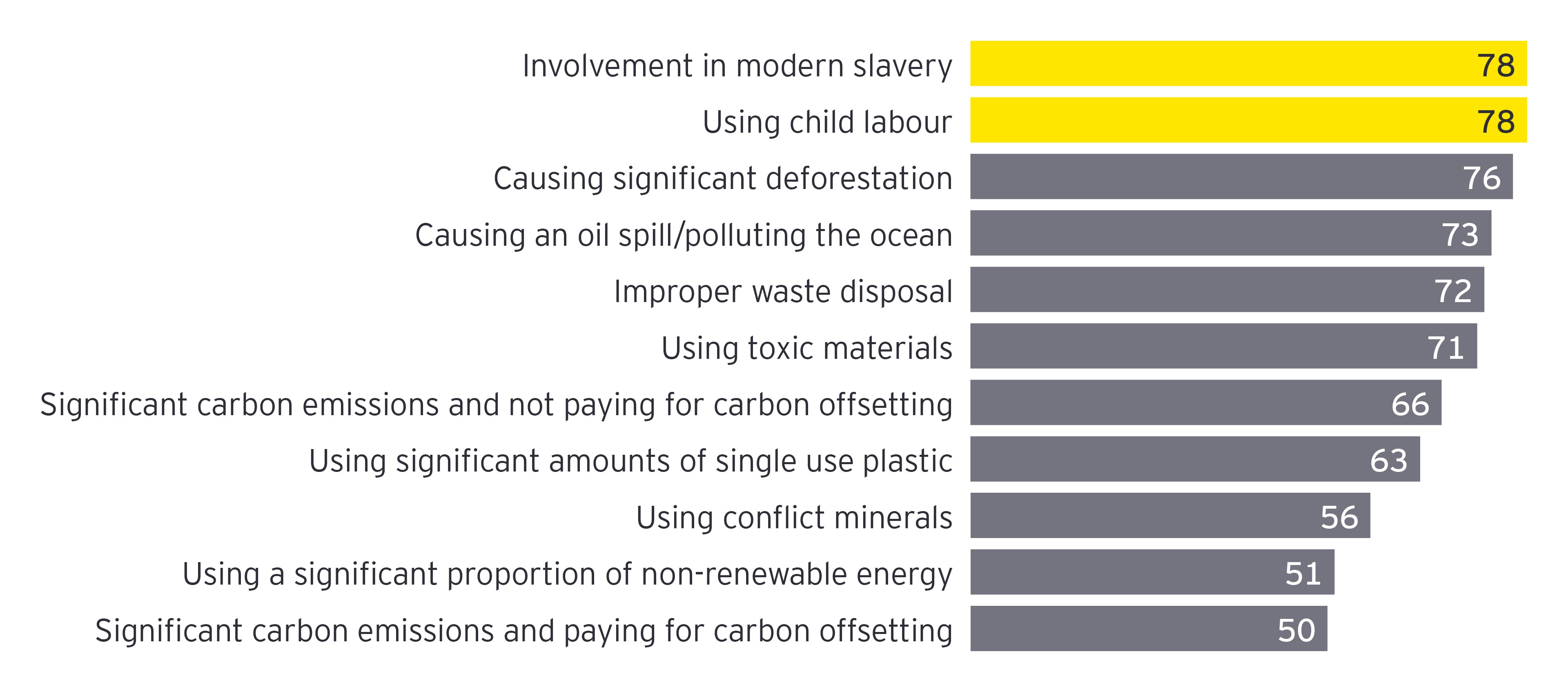Summary
What lies ahead?
Our survey findings show that sustainable and ethical concepts are front and centre of the customer mindset – influencing loyalty, trust and willingness to spend. To succeed in a world where sustainability is critical, TMT providers should ensure that clear and convincing goals are allied to immediate and concrete outcomes. This means reimagining business models to eliminate waste right from the onset – from the design stage to the end of the product lifecycle. Designing modular products, buying sustainably sourced components and robust manufacturing for longer lifecycle: all these can help repair, reuse and recycle at scale. As your organisation and customer relationships evolve in new and exciting ways, you can also help build a cross-industry ecosystem with sustainability at its heart. Seize the opportunity – the time to act is now.
For more information, please refer to the detailed EY report.



